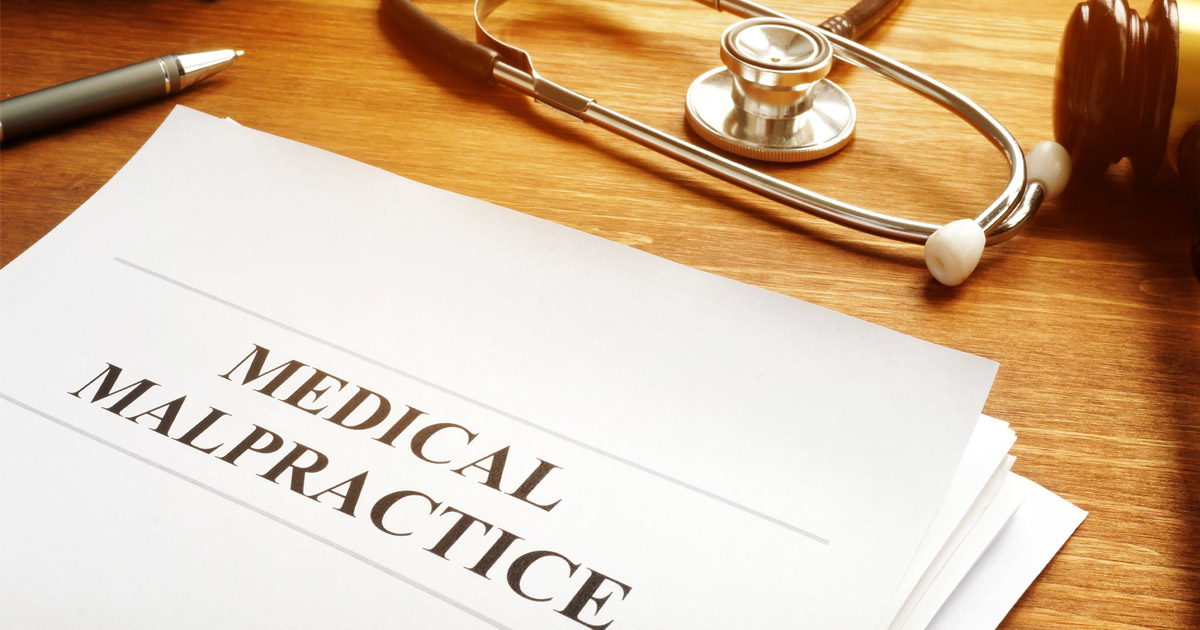Medical mistakes are usually preventable and can happen when providers perform the wrong procedures, have errors in judgment, or when their work is affected by other factors. Medication errors can occur in nursing homes and clinics but frequently happen in hospitals.
This list covers the leading causes of pharmaceutical errors but is not all-inclusive:
- Equipment problems: Insufficient, malfunctioning, or defective syringes, machines, and other technical issues lead to errors.
- Experience and training: Staff members might be unfamiliar with medications, equipment, and the hospital’s environment. Some may not be properly trained, either.
- Knowledge-based errors: These can happen when staff members claim they were unfamiliar with the medication they administered. Calculation errors and problems using infusion equipment also cause problems.
- Patients: Logistical problems related to medication delivery like absent/sleeping patients during drug administration rounds, delays, and severity of patient illness can lead to medication errors in hospitals.
- Policy and procedure issues: Some hospitals might not have appropriate practices that cause providers to administer medication incorrectly.
- Poor communication: Written communication is no longer common in hospitals; digital messages can be misinterpreted. Transcription errors are not uncommon, nor is the omission of important information.
- Slips and lapses: This category includes misidentification of medications or patients, like misreading prescriptions or giving medication to the wrong patient. This can happen when different medications and patient names sound alike.
- Staff health and personality: Like anyone else, medical staff members can feel tired or sick, and that discomfort can cloud their judgment or make them more prone to causing medication errors.
- Supervision, workload, and social factors: Poorly supervised employees might be pressured to administer drugs faster or not be managed closely enough. The supervisor’s background and skills play into this since they can also make serious errors. Problems can also start at the top, at the hospital’s management and corporate levels.
- Heavy workload: If the staff member’s workload is heavy, they might be more likely to make medication errors. A hospital might also lack qualified members with the right skills to administer medication.
- Violations: Medical providers may violate hospital rules by agreeing to patient requests, trusting senior colleagues to change the rules, and administering medication without signed prescriptions.
What Are the Risks of Medication Errors?
Medication errors can lead to a range of consequences, from a lack of notable effects to death. It might cause new conditions like skin disfigurement, breathing problems, rashes, or itching. These can be temporary or permanent and are patient- and drug-specific. Elderly and pediatric patients are at higher risk for side effects from medication errors.
Who Is Liable for a Medication Error?
This depends on the circumstances. If a mistake was made, a patient might bring a medical malpractice suit against a doctor, nurse, pharmacist, or medical organization like a clinic or hospital.
In a successful claim, a plaintiff might sue to recover past and future medical expenses, which can be considerable. They might also seek compensation for lost earnings, future capacity for earnings, loss of enjoyment, or pain and suffering.
Preventing Medication Errors in Hospitals
Fortunately, nurses intercept many medication errors before they happen. In hospitals, medication delivery is typically a three-part process:
- A practitioner puts in the order.
- A pharmacist prepares the order.
- A nurse administers the medication.
It is easy to see how mistakes can be made during these processes. Organizations use different strategies to decrease these risks, working with multidisciplinary teams. Still, errors can happen, so it is important to be your best advocate. Always ask about the medication you are given, its dosage and timing, and follow up with the prescriber if you have any questions. If you feel side effects, speak up immediately.
Our Dayton Medical Malpractice Lawyers at Wright & Schulte LLC Are Experienced in Medication Error Claims
Medication errors can cause serious complications. If you suffered ill effects from a medication mistake in a hospital, speak with our Dayton medical malpractice lawyers at Wright & Schulte LLC. Call us at 937-222-7477 or contact us online for a free consultation. Located in Dayton, Ohio, we serve clients in Cincinnati, Columbus, Cleveland, Centerville, Toledo, Youngstown, and Miamisburg.



